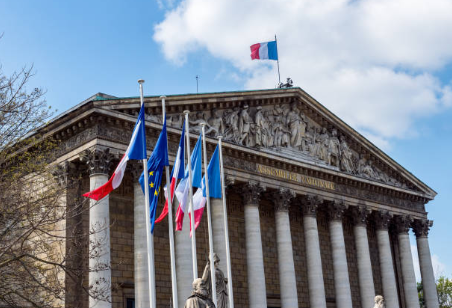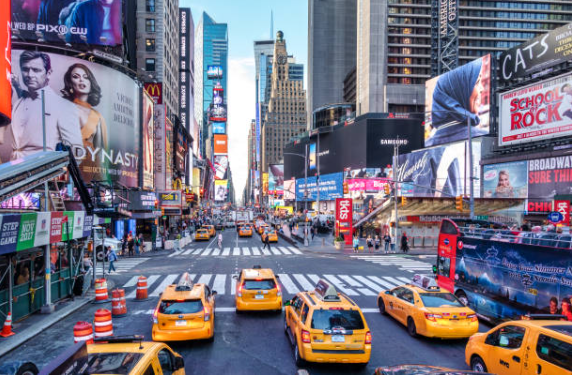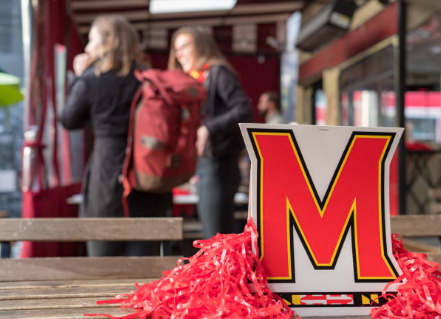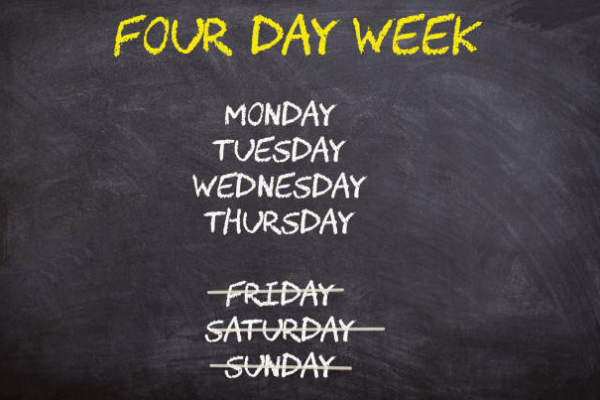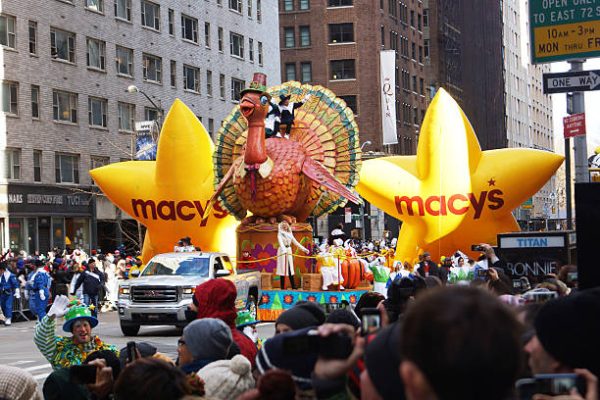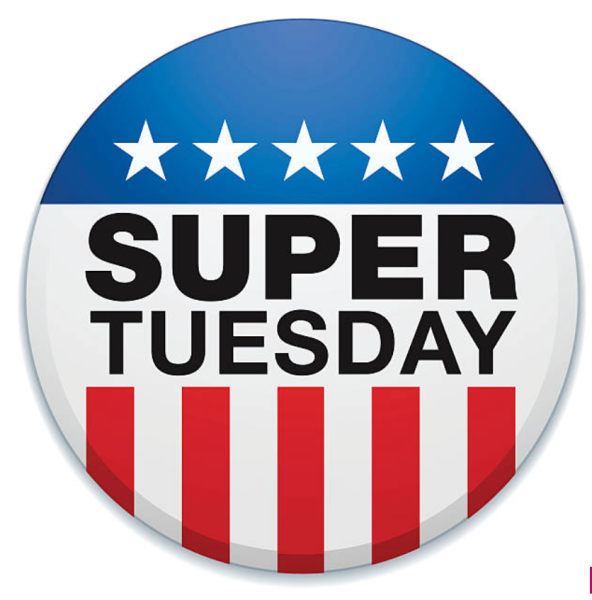The Christmas Creep Strikes Again
All around me there are explosions of red, green, and jolly big laughs that make me want to scream. When I visited Hallmark before school started, I tripped over a holiday themed game hidden in a corner of the display. Now I’m being swarmed with tinsel and wrapping paper- and it’s only November. By the time it hits the end of December, my teeth will be gritted in frustration at the repetitive crooning from the radio and Christmas Day’s magic will be soured by the empty pockets that months of festivities can cause. Retailers try to capture Christmas Magic and the wonder it inspires as a facade to drain money from consumers. They completely disregard another important holiday that always gets swallowed up at this time when the retail stores should give the day the respect it deserves.
Christmas products are sold incredibly early, creeping in as soon as August in the dusty corners of stores. The holiday themed products start to accumulate until November, where everyone drowns in a sea of these products and are bombarded by ads to buy them. This phenomenon has been slowly climbing up the months every year and has been iconic enough to be coined a term in the 1980s- the ‘Christmas Creep’. It is a marketing strategy that sells Christmas items and merchandise way earlier than the traditional start, which is the day after Thanksgiving.
Retailers usually split the year up into marketing seasons based on holidays; Valentine’s, all spring holidays like Easter and St. Patricks’ Day are mashed together into this big “green, flowery” mesh, then the Fourth of July, Halloween, and lastly, Christmas. Stores treat Christmas as an extremely important time as The Federalist, an economic magazine, states that 30% of their yearly sales are from the sales made during the holiday season. The magazine stresses that the average American spends around $800 on Christmas products, and retailers want to capture that market and the money spent. So the season is planned meticulously to be as early as possible to get as much money as possible from every consumer.
But, what about Thanksgiving? Retailers steamroll right over this important holiday that represents the establishment of our country just to get a little more money. Bustle, a modern magazine for young women, states that 98% of malls put up Christmas Decor by the first week of November itself- completely disregarding Thanksgiving. The holiday deserves more than just a disinterested nod from the retail industry. Renee Kascic, a mother of two, has always treated Thanksgiving as a time to appreciate family and give thanks for the blessings she has received. When I had revealed that stores ignore Thanksgiving to push for Christmas products, she had jolted and said hotly,
“Well that’s not right! Thanksgiving is one of the only times that I can see my extended family, and I would rather spend my money on things that are relevant to the time, thank you!”
A poll sent out by People magazine reveals that 71% of people dislike Christmas creep, citing the reason of needing to enjoy Thanksgiving and the time it gives to spend time with family. They say that they are bombarded by the sea of Christmas that slowly drowns them, and this is certainly represented by the memes online!
For years, the Christmas Creep has been a point of consternation for consumers. However, there are other ways of making money rather than selling Christmas for three to four months. Stores can begin the holiday season when it is traditional to start: a day after Thanksgiving. Adobe’s Customer Analytics Department graphed out annual Christmas sales, and the graph clearly presents a large uptick of sales after Thanksgiving- nearly six times the sales made before the holiday. As large bulk of the money made is after Thanksgiving, stores will not be facing much of a loss in sales if following the traditional start of the holiday season. They can capitalize on online shopping and Black Friday, using ads to promote the Christmas products. Or, perhaps retail stores can sell Thanksgiving themed products, making Thanksgiving a commercial holiday as well.

Esha Manoj is a senior Global student, and it's her first year at the Poolesville Pulse. Esha loves to dance and is heavily involved in all the dance clubs...


